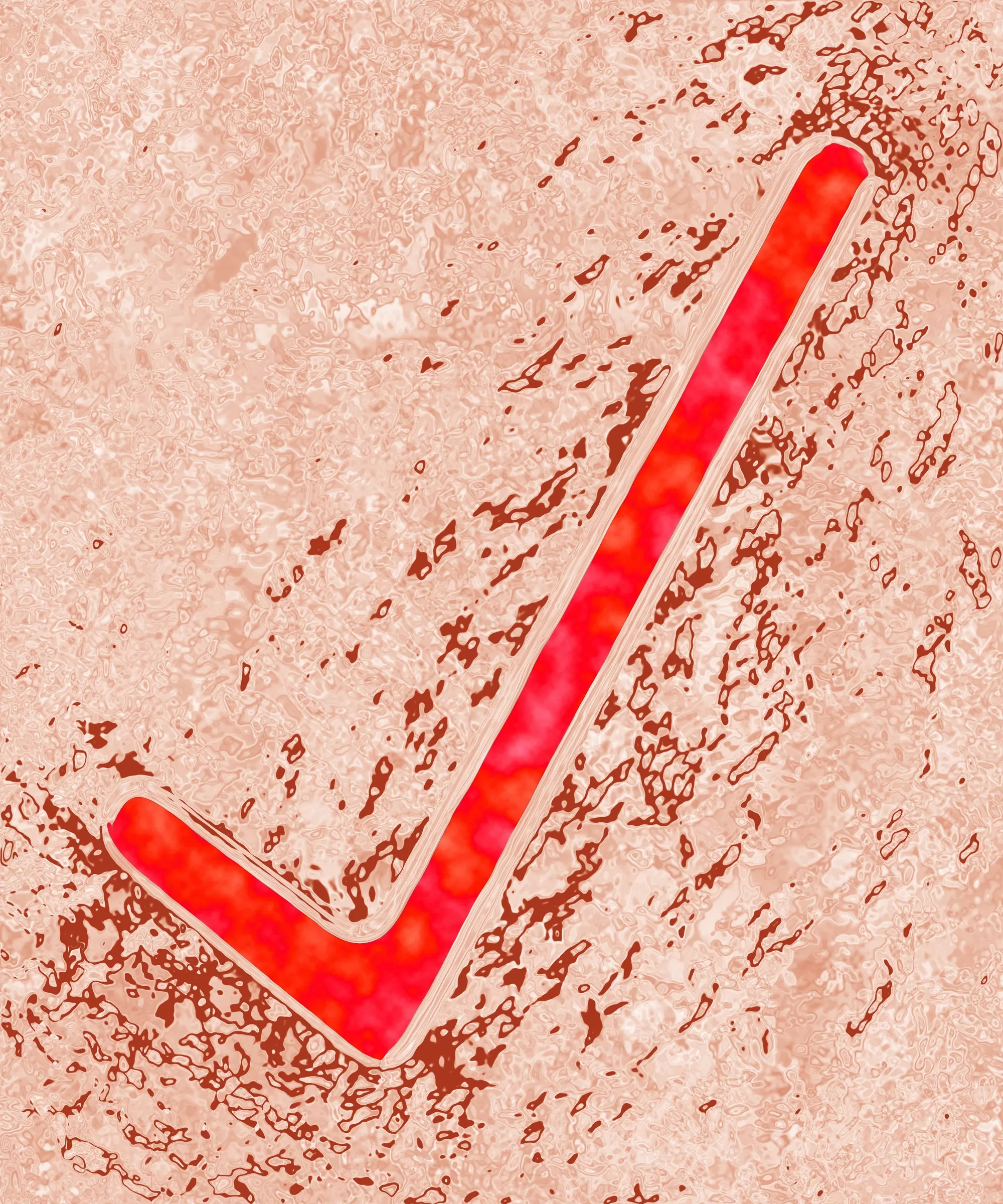Success on Election Day - and in Your Job Search

Today's the BIG day: Election Day! There are many hotly contested races around the country, and some of us will be anxiously awaiting today's results. By day's end, some politicians will be enjoying the thrill of success, and others the agony of defeat. What about success on the job market? We know from recent job reports that unemployment remains high. Still, some employers are hiring, so some people are getting jobs. How are they doing it? Or more to the point, are there particular traits shared by successful job hunters?
This is the topic of a recent article ![]() posted on EmploymentDigest.net
posted on EmploymentDigest.net![]() .
.
In this piece, the author shares the following 6 traits common to people who have found success on the job market.
1) They keep an open mind. Be flexible with your job requirements. If you have had your heart set on living in DC, would you be willing to look at positions in Baltimore? How flexible can you be? Being open to different locations may improve your chances of finding something you would enjoy. Also, be flexible in terms of sources of jobs. Having a strong online presence (having a complete LinkedIn profile, a Facebook page, a personal blog) will increase your chances of networking with the appropriate people, being found by employers of interest, etc. Be sure that all of your social media links are included in your email signature - but before doing this, be sure that they are all fit for professional/employer consumption.
2) Preparation is key to success. Your energy and hard work should be put into creating a strong and error-free application. Is your résumé and/or CV free of errors? Is it tailored to the specific jobs you have been applying for? And have you done the same with your cover letter? The more time and energy put into this work upfront, the better your chances of hearing back from an employer once you submit an application.
3) They do their homework. What is unique about the company or organization you are applying to? Where are the majority of their efforts going these days? What is their hot, new research area? Understanding the priorities of the organization(s) you are applying to and mentioning these in your job search materials - and how well your background is suited to tackle these - will set you apart from the pack.
4) They convey energy and enthusiasm. Be aware of every interaction you have with individuals, and be sure to present yourself professionally and with enthusiasm. From the way you dress, to your interactions, documentation you submit, to the timeliness of your responses...everything you say and do in regards to networking and job searching matters. So be aware of the messages you are sending in the way you carry yourself, both online and in person.
5) They assume nothing. Once your application materials have been submitted for a particular job, keep in touch. Do not assume that your materials arrived intact - follow up to be sure that your application is in, and inquire about the timeline for a particular search. These two follow-up questions are totally appropriate...and may result in your name ringing a bell with reviewers later in the process.
6) Closing the sale and follow-up makes the difference. As mentioned a few times above, follow-up can make a great deal of difference in a tight job market. Send a quick email to a contact you made at a conference, through a friend, via LinkedIn, etc. Consider sending a handwritten thank-you note to someone with whom you've networked recently. Being thoughtful and following through will keep your name fresh in people's minds - and keep your name circulating as a potential candidate for future jobs. Follow up after you have had an interview as well. Beyond sending a thank-you note or email, call the potential employer if you have not heard back in the time frame mentioned during the interview. Being proactive, staying professional, and remaining polite and courteous will take you far in this difficult market. Good luck with your search - and BE SURE TO VOTE TODAY! :)





